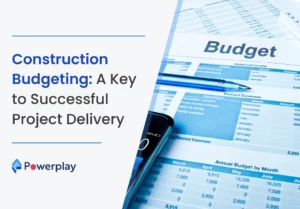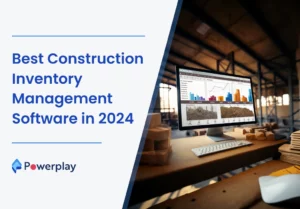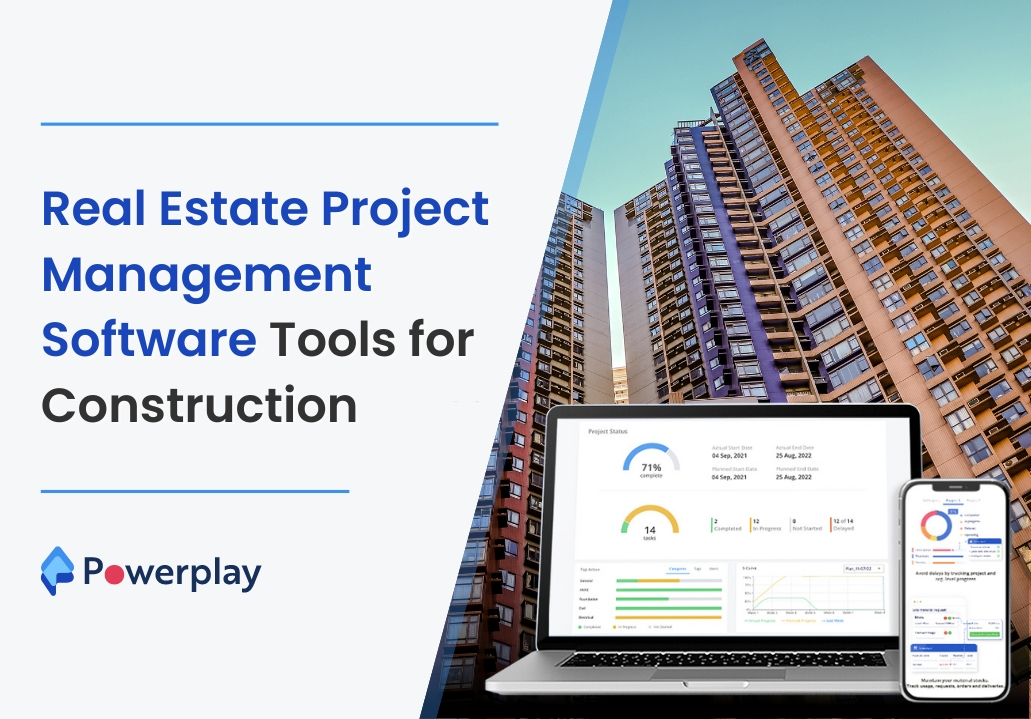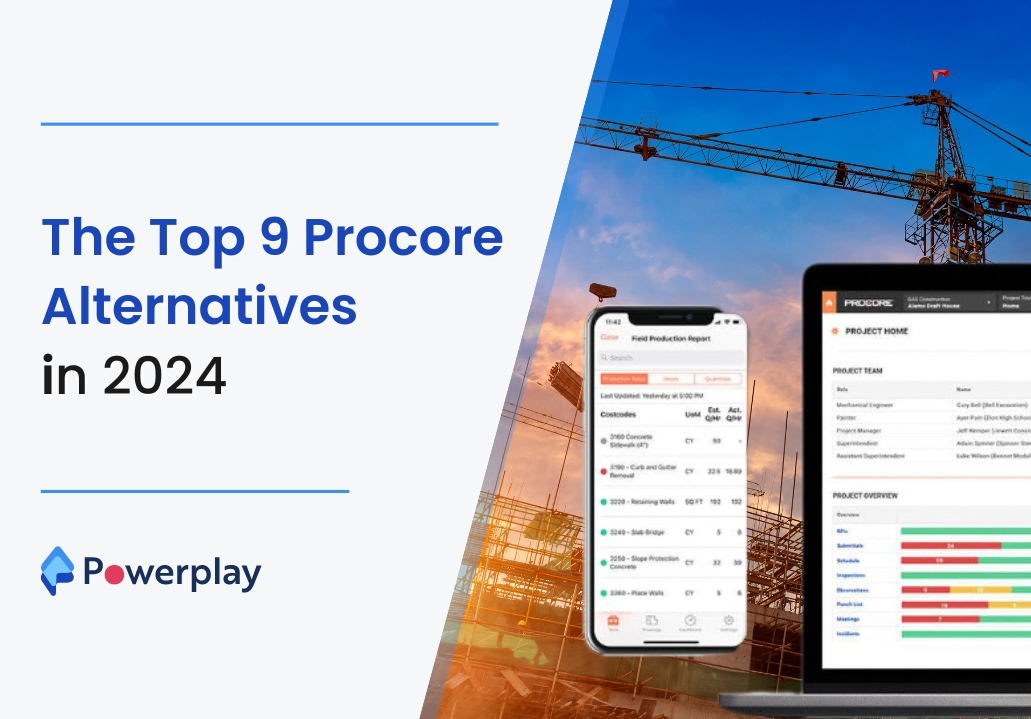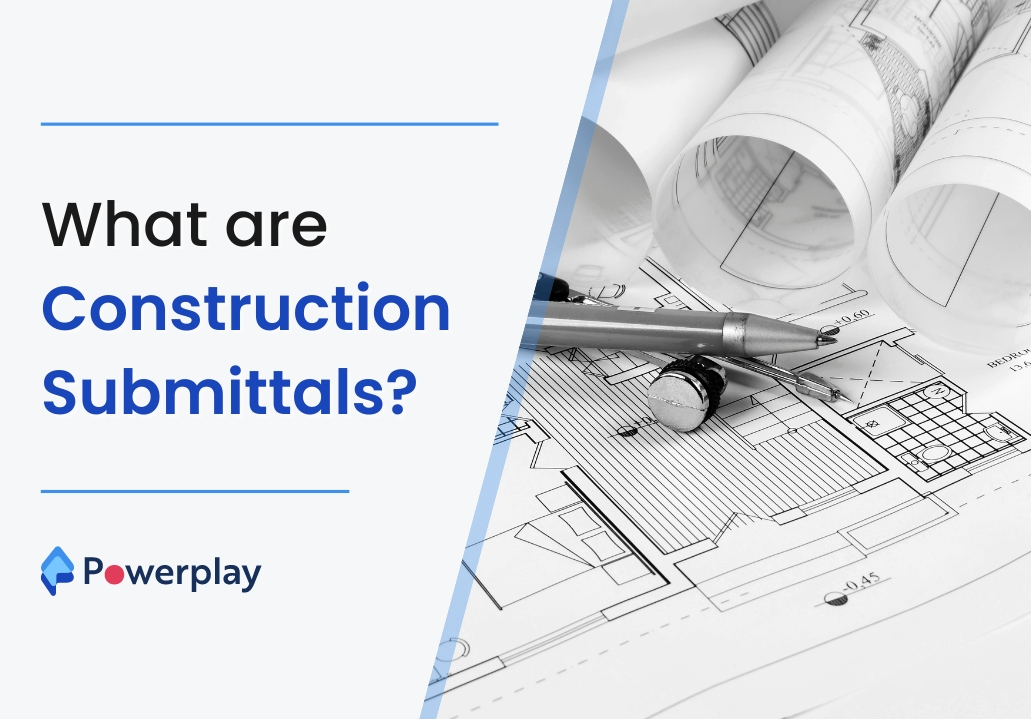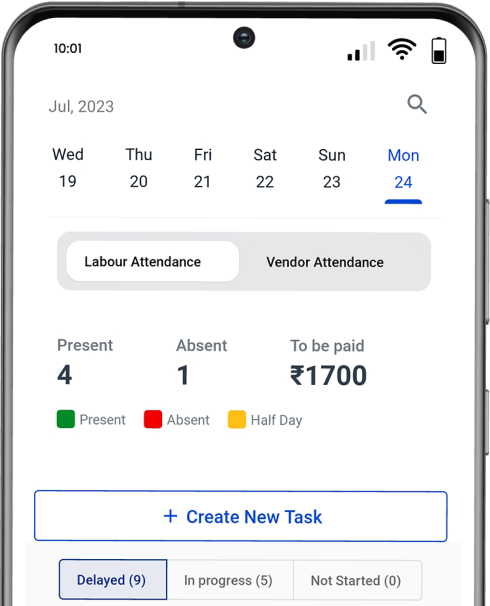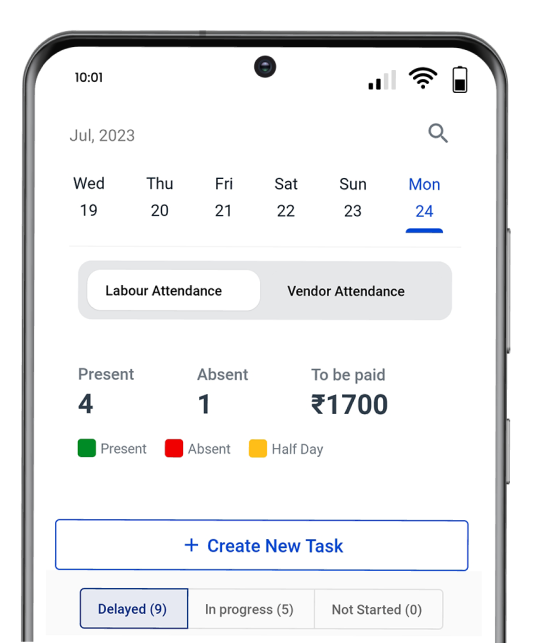Roles and Responsibilities of Project Manager
-
Kumar Abhishek Anand
- October 23, 2023
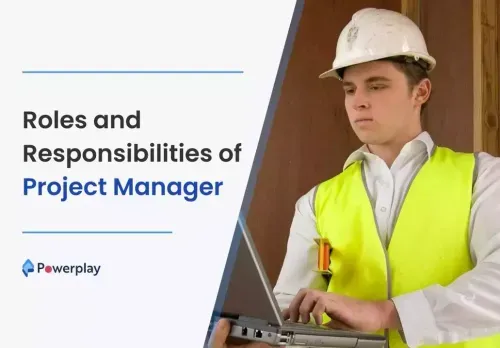
Who is a Project Manager?
A project manager is like the heart and mind of a construction project who plans and executes the various tasks scheduled while pumping the entire workforce towards accomplishing the project as per quality standards. A project manager not only exhibits leadership skills but also directs and puts in great effort to guide all staff. He coordinates the activities performed by several teams to ensure they work in tandem to achieve the common goal.
A project manager has to fulfil many roles and responsibilities as a leader to engage the staff’s efforts and available resources in accomplishing project goals.

Roles and responsibilities
Some of the roles and responsibilities that a project manager has to fulfil on a construction project are:
1. Planning – Before coming on board, the project manager clearly defines the project objectives and reaches an agreement with the client on these objectives. Thereafter he conveys these objectives to the project management team in such a way that it makes it clear to everybody what should be done in order to accomplish the project. He plans the tasks accordingly that have to be done by different parties such as subcontractors, consultants, etc for which the respective parties will be accountable. The project manager leads the development of plans to achieve specific tasks.

2. Organising Tasks – The project manager sees through the availability of resources required for all tasks in advance of the schedule. He executes respective contracts with subcontractors under a defined budget and time with the scope of the task and supplies. The project manager inherently organises the project in such a way that the employees are encouraged to work in line with the directions provided for completing jobs as per schedule.
3. Monitoring and Controlling – The project manager defines certain ways or tools that must be used to monitor and control the actual progress of the project. All individuals must be made familiar with using the defined process for updating tasks’ progress. He can keep track of the setbacks and accomplishments related to the project regularly and be proactive in defining and initiating impromptu decisions.

4. Leading – A project manager inspires every individual to work diligently in order to achieve a common goal. He clearly defines roles for everybody and conveys what he expects from them. He helps in collaborating individual and different team efforts to make progress. He promotes team participation for solving problems and decision making, giving due credit for their respective contributions and praising them to the authorities.

5. Communication – The project manager should be clear in defining the service required from all. He should be good at negotiating fairly and effectively with subcontractors as well as clients. He should moot clashes and manage them with a collaborative approach from other individuals. He must know ways to get tasks done without taking coercive measures.

6. Intellectual – The project manager should be able to identify obstructions in accomplishing targets. He should identify the problems and the information related to them. He should discuss it with all team members and take into consideration all that cannot be ignored before coming to a decision. He should be unbiased and objective specific in deciding the forthcoming plan of action. He assesses the solutions and the returns associated with the risks being taken.
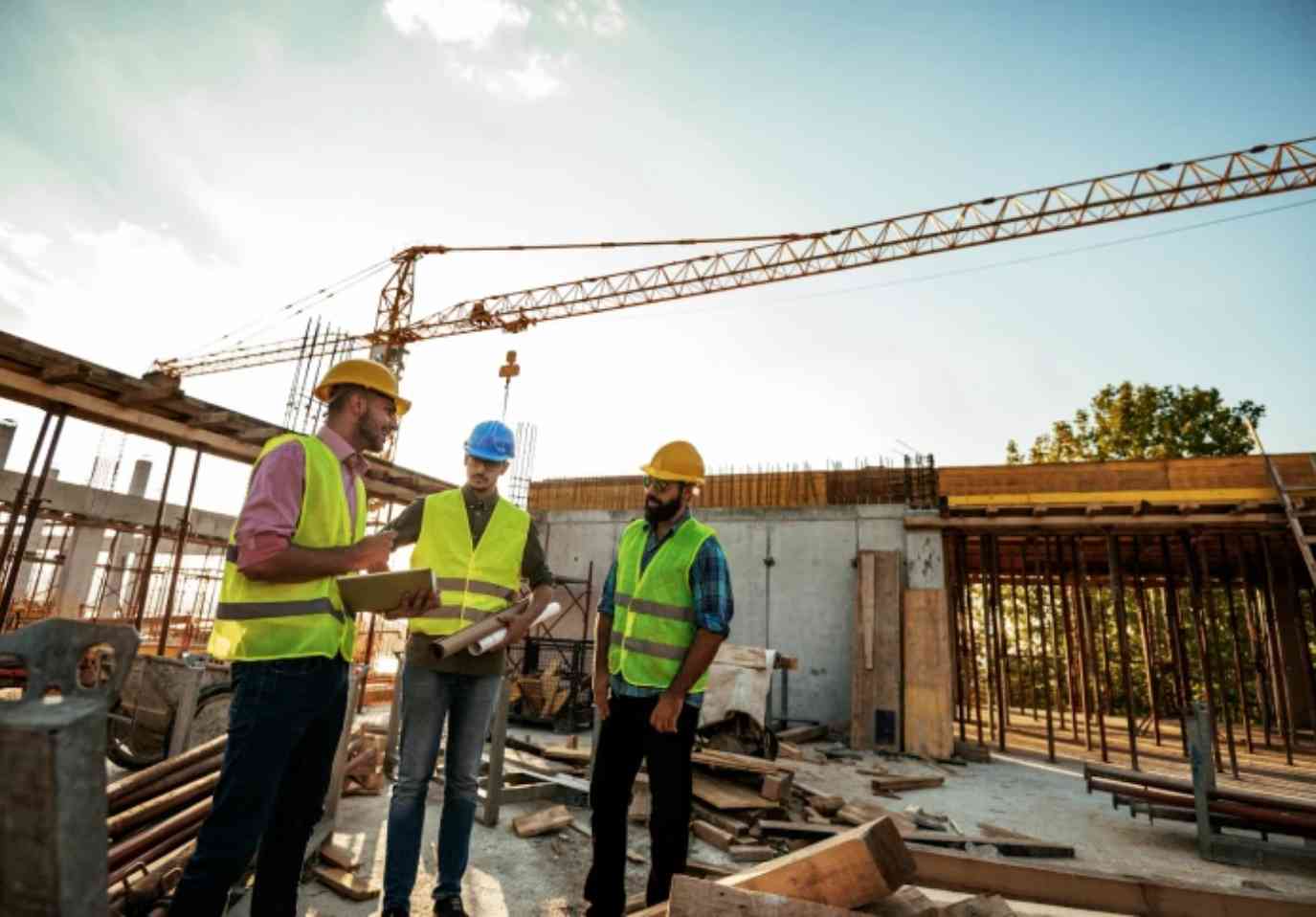
7. Self Management – The project manager should be ever ready mentally as well as psychologically to face and suppress any adversity. He should be diligent in his efforts and focused on the goal. He should be consistent in his behaviour, values and principles. He should be known as the guy who gets things done when required. He should always be open to feedback from team members and modify his ways and behaviour accordingly. He should always be eager to learn and self develop.
8. Employee Development – A project manager should look after the individual interests of the employees related to the project. He should assign tasks to them based on their strengths and provide a flexible environment for their jobs. He should be able to offer several opportunities to his team members for their personal and professional growth. He should arrange training sessions for employees to enhance their skills. He should give due credit to them and promote their achievements to the respective authorities.

9. Client’s Goal – A project manager should be able to identify the client’s goals related to the project. He should be able to understand them properly and build strong relationships. He should be able to clear doubts, solve queries and exceed their expectations.
10. Streetsmart – He should be aware of the ongoing market issues that have a correlation to the project. He should be able to pick the right people to perform specific tasks. He should be able to leverage his networks and relationships in getting things done. He should always know the vision, structure and goals of the firm for which he is working. He is good at balancing profits and professional relationships to the benefit of the client.
A project manager can be very diligent in his efforts and efficient in carrying out services, but being a human everybody has their limits. In order to manage and inspect every little process taking place on a construction site, a project manager can certainly use construction project management tools to perform his role much more effectively and in an efficient manner. Powerplay application is one such tool that has provisions for managing almost all construction processes and cultures. The project manager can easily keep track of the site status remotely from the powerplay application and thereby provide directives and steps for further progress from the application itself.
Share
Kumar is a digital content professional with more than 2 years of experience in Blog writing, copywriting and scripting. His passion lies in the art of creating convincing content that plays a major role in converting leads for SAAS businesses.
